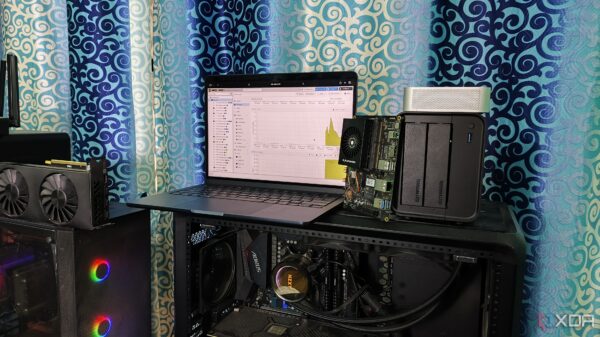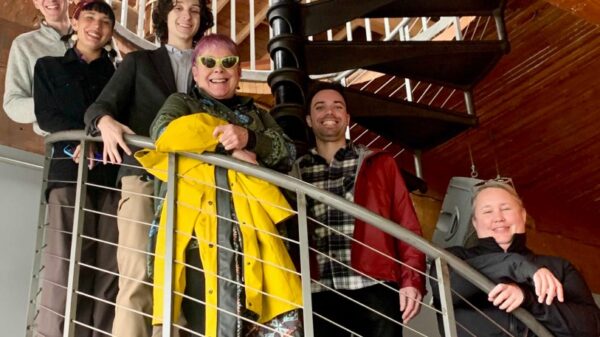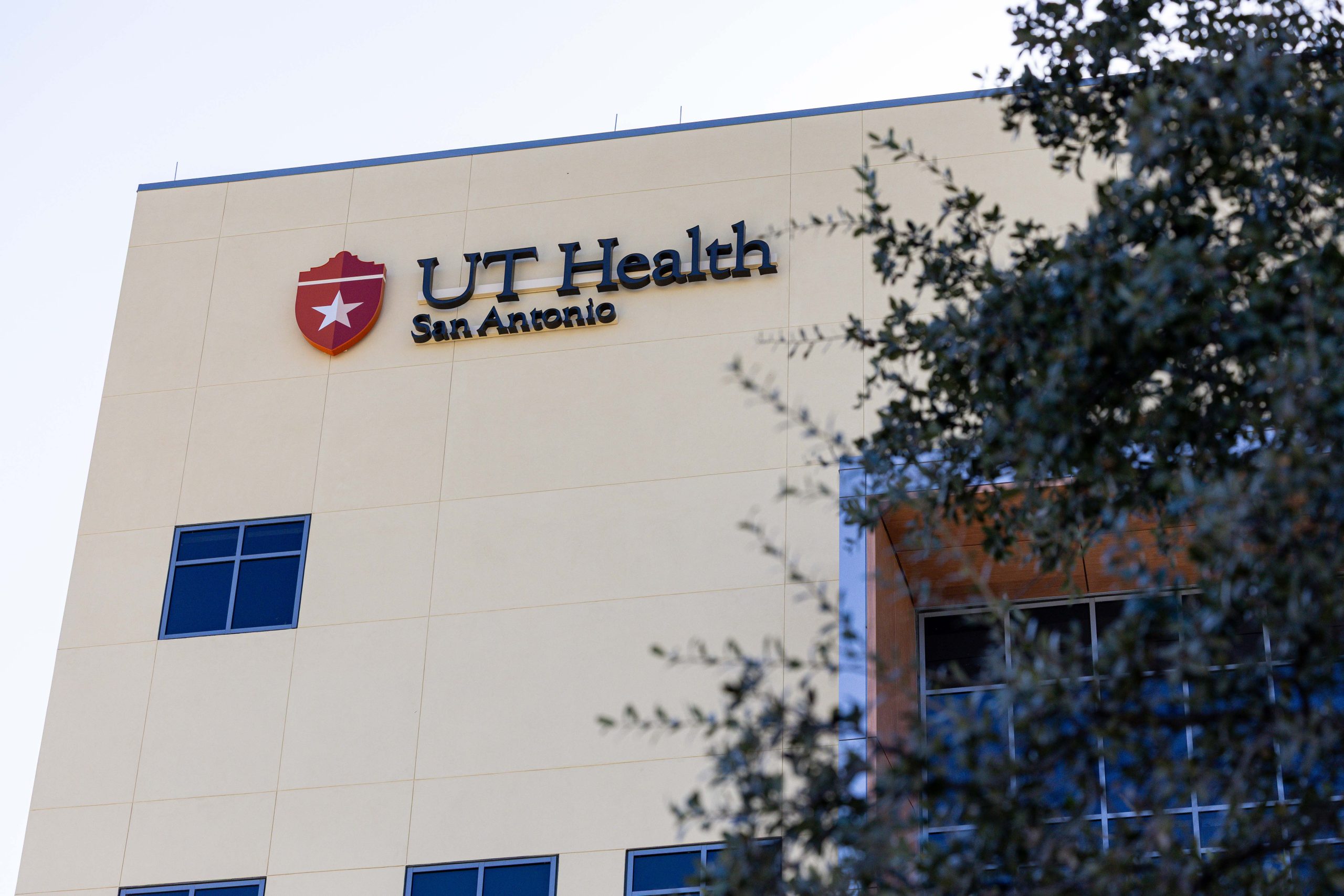A new $100 million Center for Brain Health opened on December 10, 2023, at the South Texas Medical Center, marking a significant advancement in neurological care and research. The facility, developed by the University of Texas System, aims to unite diagnostic, therapeutic, and research services under one roof, creating a comprehensive resource for patients and families affected by neurodegenerative diseases.
The opening ceremony was deeply personal for Melissa Garcia, the chief of staff and vice chancellor of the University of Texas System. Garcia shared her experience with her father, who was diagnosed with Alzheimer’s Disease and Lewy Body Dementia. After witnessing his rapid decline, she and her family donated his brain to the Glenn Biggs Institute for Alzheimer’s and Neurodegenerative Diseases. During the ceremony, Garcia emphasized the importance of research in combatting these devastating conditions, stating, “We hope that it will be a small yet profound part of showing the critically important mission that research will hopefully have to eliminate this tragic disease.”
The five-story, 100,000 square-foot building is equipped with 91 exam rooms, physical therapy facilities, and spaces for mental health support and caregiver education. Dr. Carlayne Jackson, chair of UT San Antonio’s Department of Neurology, remarked on the evolution of dementia care, stating that the new center represents “real, meaningful progress and a future filled with innovation, compassion and hope for patients and families dealing with disorders of the brain.”
At the center, patients will have access to newly approved drug infusions that have been shown to slow the progression of neurodegenerative diseases, as well as one of the state’s most advanced MRI scanners. This technology is crucial for diagnosing and studying conditions such as Alzheimer’s and Parkinson’s disease. The facility is also home to the Glenn Biggs Institute, one of only 37 federally designated Alzheimer’s research centers in the U.S. Notably, the institute serves one of the largest Hispanic populations, a group that faces higher rates of dementia and has historically been underrepresented in clinical trials.
As part of its mission, the center will also address the complex social, genetic, and lifestyle factors contributing to the high rates of these diseases in South Texas. The expansion of the center coincides with a significant boost for dementia research in Texas, as voters approved Proposition 14 earlier this month. This measure secures $3 billion in state funding for research grants focused on neurodegenerative diseases, which advocates believe will help attract top research talent to the state.
Despite the advancements, experts recognize the challenges that remain. There is currently no cure for Alzheimer’s or similar diseases, although progress has been made in drug therapies. Francisco Cigarroa, senior executive vice president for health affairs at UT San Antonio, expressed optimism about the center’s potential contributions to research, stating, “It is our responsibility to basically solve this mystery of Alzheimer’s and eliminate it.”
Dr. Sudha Seshadri, the founding director of the Glenn Biggs Institute, shared her confidence in the potential for breakthroughs in treatment and prevention. “We are not there yet, not where we want to be,” she said. “We have so much more to do to make dementia treatable, reversible and preventable.”
The sentiment for continued progress was echoed by Ann Biggs, a philanthropist and widow of the institute’s namesake. “We still have work to do. We need to find those missing links, those parts to pull together,” she remarked, hinting at the possibility of significant advancements that could even lead to a Nobel Prize in the future.
The Center for Brain Health stands as a testament to the collaborative efforts of researchers, healthcare professionals, and community advocates dedicated to fighting neurodegenerative diseases. With its comprehensive resources and commitment to innovation, the center represents a hopeful future for patients and families affected by these conditions.







































































